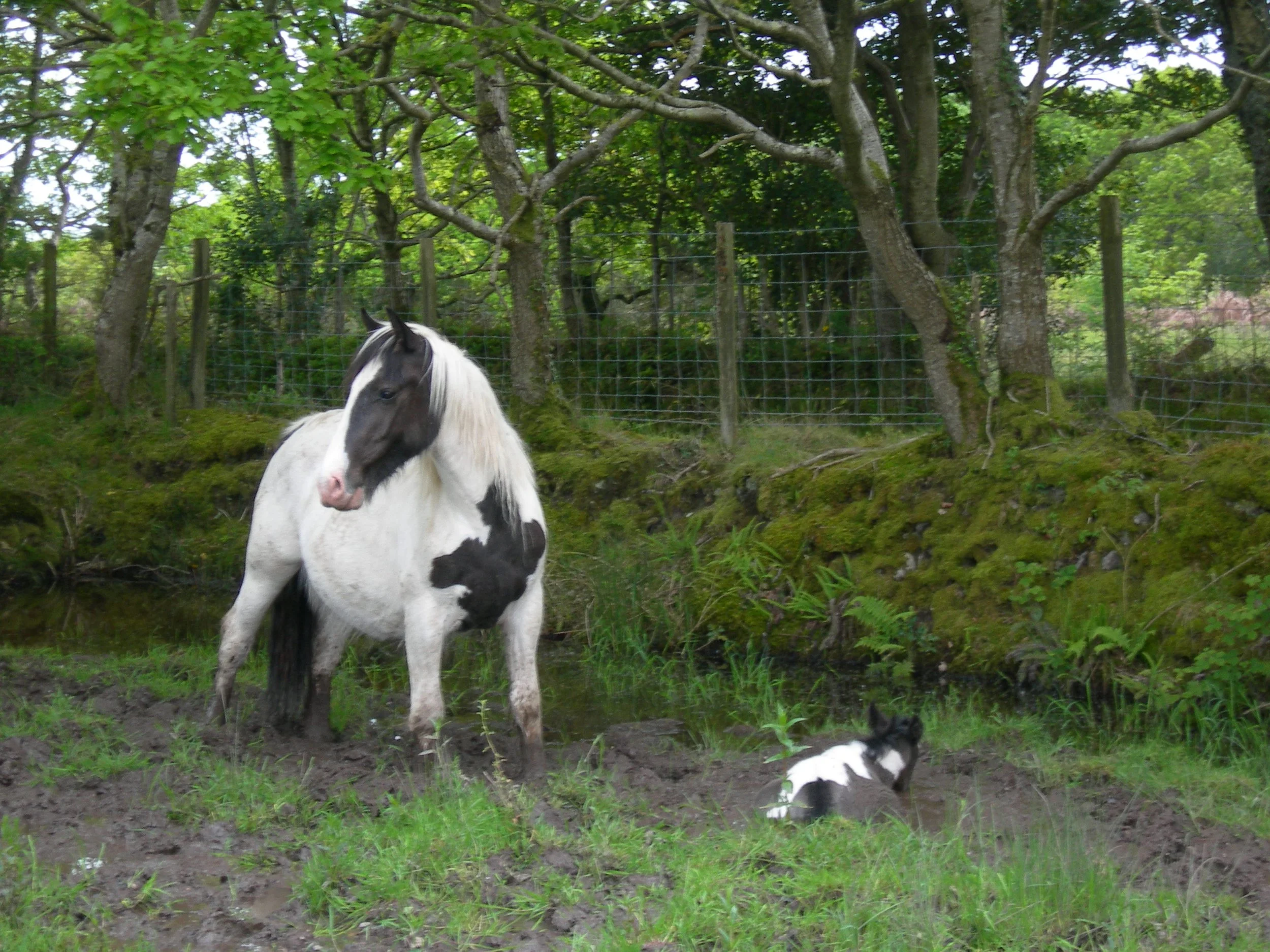Finding higher ground: A metaphor for moving out of pain
Many years ago, I put this quote on my wall:
“Pain is an opinion on the organism’s state of health rather than a reflexive response to injury.”
It is from V. S. Ramachandran, a neuroscientist who wrote about phantom limb pain. It gave me permission to relate to my own pain in new ways, and it helped me see that the experience itself was malleable and not a static default I had to live with.
People shouldn’t be blamed for being in pain. If we have pain, it’s because our system is trying to tell us something: I hurt. The way we deal with pain is the way we survive, and no one should be blamed for surviving.
My metaphor for moving out of pain is the foal stuck in the mud. When I lived in North Wales, UK, I came across a newborn foal stuck in a field of mud. He was so tired he couldn’t hold his head up any more and he was about to drown.
Of course, struggling only made him more stuck and more tired. Sound familiar?
We had to dig him out delicately and slowly, bit by bit, so as not to break his unformed bones. It took a long time, with my friend luring the mother away with treats.
Then we maneuvered the foal onto a plastic tabletop that distributed his weight so we could slide him onto higher ground.
Zoe post-rescue.
Getting out of pain is like that, too: A slow, attentive, spacious process. Flailing and trying hard can only make you more stuck.
Most of us don't move slowly and attentively enough—varying our options while we still can—until we're faced with serious health risks or loss of function.
Is it hard to slow down and listen? Yes. But what's harder is getting stuck and losing your health, energy, and vitality in an effort to get unstuck.
With these lessons, you will get out of the mud and onto higher ground without struggle or exhaustion.
“The aim is not complete relaxation, but healthy, powerful, easy and pleasurable exertion. The reduction of tension is necessary because efficient movement should be effortless. Inefficiency is sensed as effort and prevents doing more and better. The gradual reduction of useless effort is necessary in order to increase kinesthetic sensitivity, without which a person cannot become self-regulating.”








